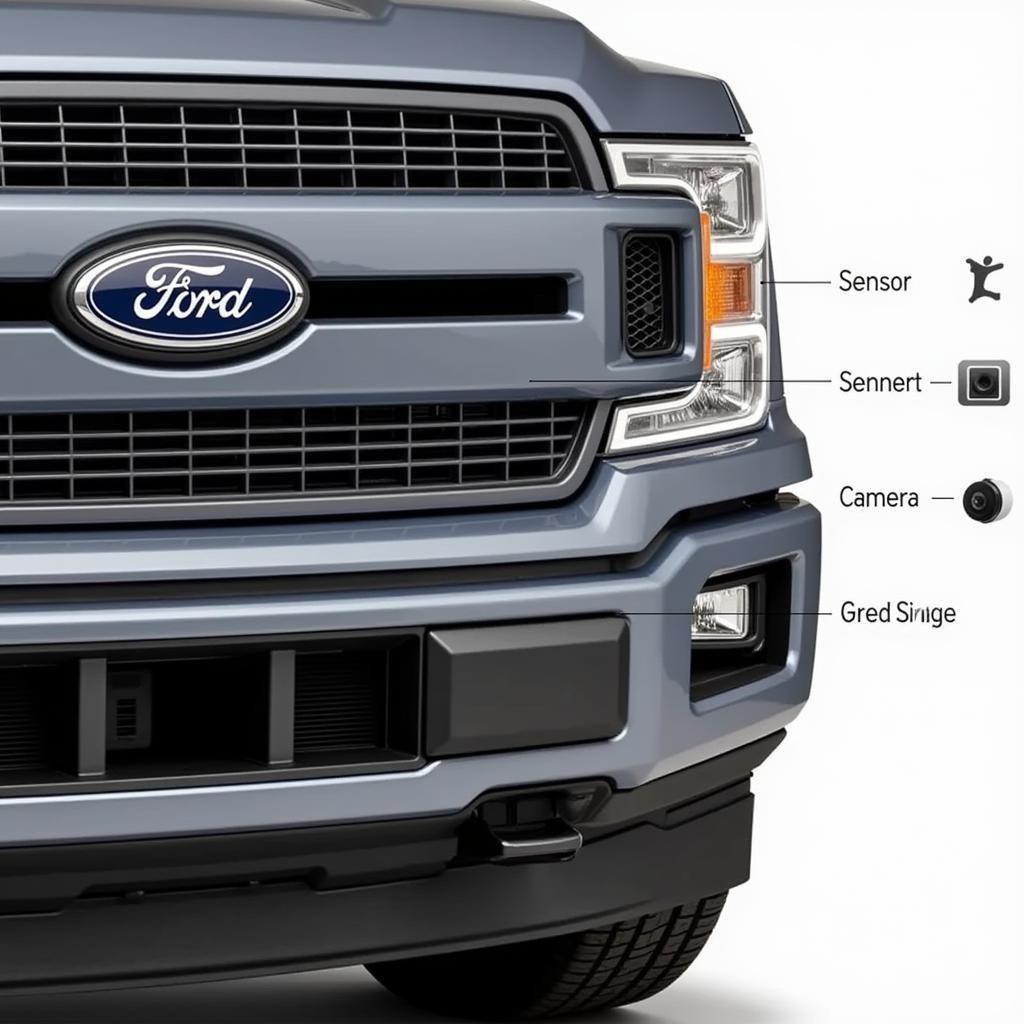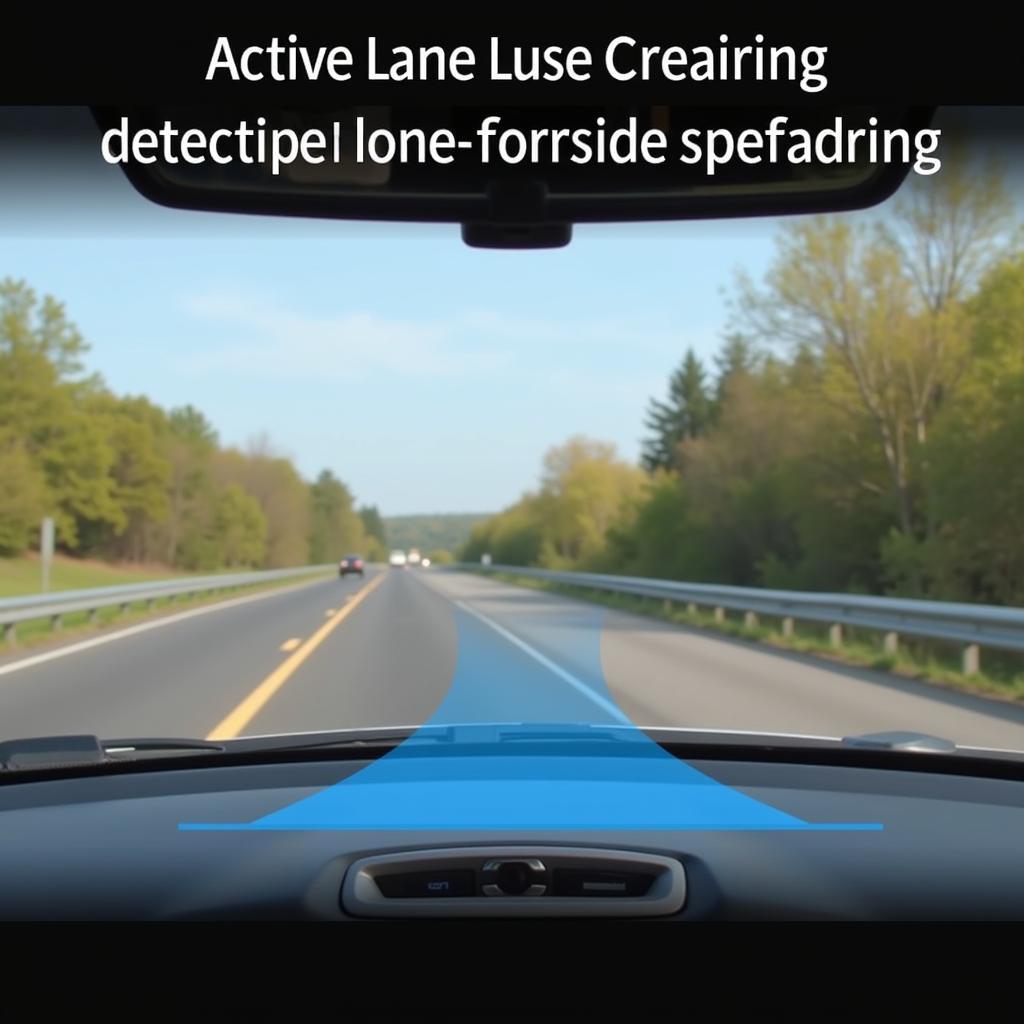Brake warning lights are a common occurrence in vehicles. They can be caused by a variety of factors, ranging from a simple problem with a brake light bulb to a serious issue with the brake system. While it’s best to address the issue as soon as possible, there are times when you might need to bypass the brake warning light temporarily. This article will discuss the reasons why a brake warning light might come on, the potential risks of bypassing it, and some methods for temporarily resolving the issue.
Understanding the Cause of the Brake Warning Light
Before attempting to bypass the brake warning light, it’s crucial to understand why it’s illuminated. This will help you determine the severity of the issue and whether it’s safe to drive your vehicle. Here are some common reasons why a brake warning light might come on:
- Low Brake Fluid: The most common reason for a brake warning light is low brake fluid. This can be caused by a leak in the brake system or by wear and tear on the brake pads.
- Faulty Brake Pad Sensor: Brake pad sensors are designed to alert the driver when the brake pads are nearing the end of their lifespan. If a sensor malfunctions, it can trigger the brake warning light.
- Brake System Malfunction: A more serious reason for a brake warning light is a malfunction in the brake system itself. This could include a problem with the calipers, rotors, or other components.
- ABS System Malfunction: If the Anti-lock Braking System (ABS) is experiencing issues, it can also trigger the brake warning light.
- Parking Brake Engaged: A simple reason for a brake warning light could be that the parking brake is engaged.
Potential Risks of Bypassing the Brake Warning Light
Bypassing a brake warning light is never recommended as it can put you and others at risk. Here are some potential risks:
- Brake Failure: If the warning light is due to a serious brake system malfunction, bypassing it could lead to brake failure, resulting in an accident.
- Reduced Braking Performance: Even if the problem is minor, bypassing the warning light could reduce braking performance, increasing the stopping distance and making it harder to control your vehicle.
- Safety Hazard: A malfunctioning brake system can pose a serious safety hazard to you and other road users.
Temporary Solutions to Bypass the Brake Warning Light
In certain situations, where you need to temporarily bypass the brake warning light, here are some methods:
1. Check and Refills Brake Fluid:
- If the brake warning light is due to low brake fluid, refilling it may temporarily resolve the issue. However, it’s essential to address the underlying cause of the leak or brake pad wear.
2. Reset the Brake Pad Sensor:
- If the warning light is triggered by a faulty brake pad sensor, you may be able to reset it using a diagnostic tool. This will temporarily silence the warning light, but it’s important to replace the brake pads as soon as possible.
3. Consult a Professional:
- If you’re unsure about the cause of the brake warning light or if the problem persists, it’s crucial to consult a qualified mechanic. They can diagnose the issue and provide the necessary repairs.
FAQs
1. Can I drive with the brake warning light on?
It’s not recommended to drive with the brake warning light on. It indicates a potential problem with your brake system, and it’s best to address the issue as soon as possible.
2. How long can I drive with the brake warning light on?
It’s difficult to say for sure. Depending on the severity of the issue, you might be able to drive for a short distance, but it’s best to err on the side of caution and get your brakes checked immediately.
3. What happens if I ignore the brake warning light?
Ignoring a brake warning light could lead to a brake failure, resulting in an accident. It’s best to address the problem immediately.
4. Is it safe to bypass the brake warning light?
No, it’s not safe to bypass the brake warning light. It’s crucial to address the underlying issue to ensure your safety and the safety of others.
5. What are the signs of brake failure?
Signs of brake failure include:
- Spongy brake pedal: The brake pedal feels soft or spongy, indicating a potential problem with the brake fluid or other components.
- Squeaking or grinding noises: Squeaking or grinding noises when braking could indicate worn brake pads or rotors.
- Pulling to one side: If your car pulls to one side when braking, it could indicate a problem with the calipers or rotors.
- Burning smell: A burning smell when braking could indicate a problem with the brake pads or rotors.
6. Can I fix the brake warning light myself?
While you may be able to temporarily address a simple issue like low brake fluid, it’s not recommended to attempt major repairs yourself. It’s best to consult a qualified mechanic for a thorough diagnosis and repair.
Conclusion
While bypassing a brake warning light might seem like a quick fix, it’s never a good idea. It’s essential to understand the cause of the warning light and address it properly. If you’re unsure, consult a professional mechanic to ensure the safety and longevity of your vehicle. Remember, your safety and the safety of others on the road should always be your top priority.


